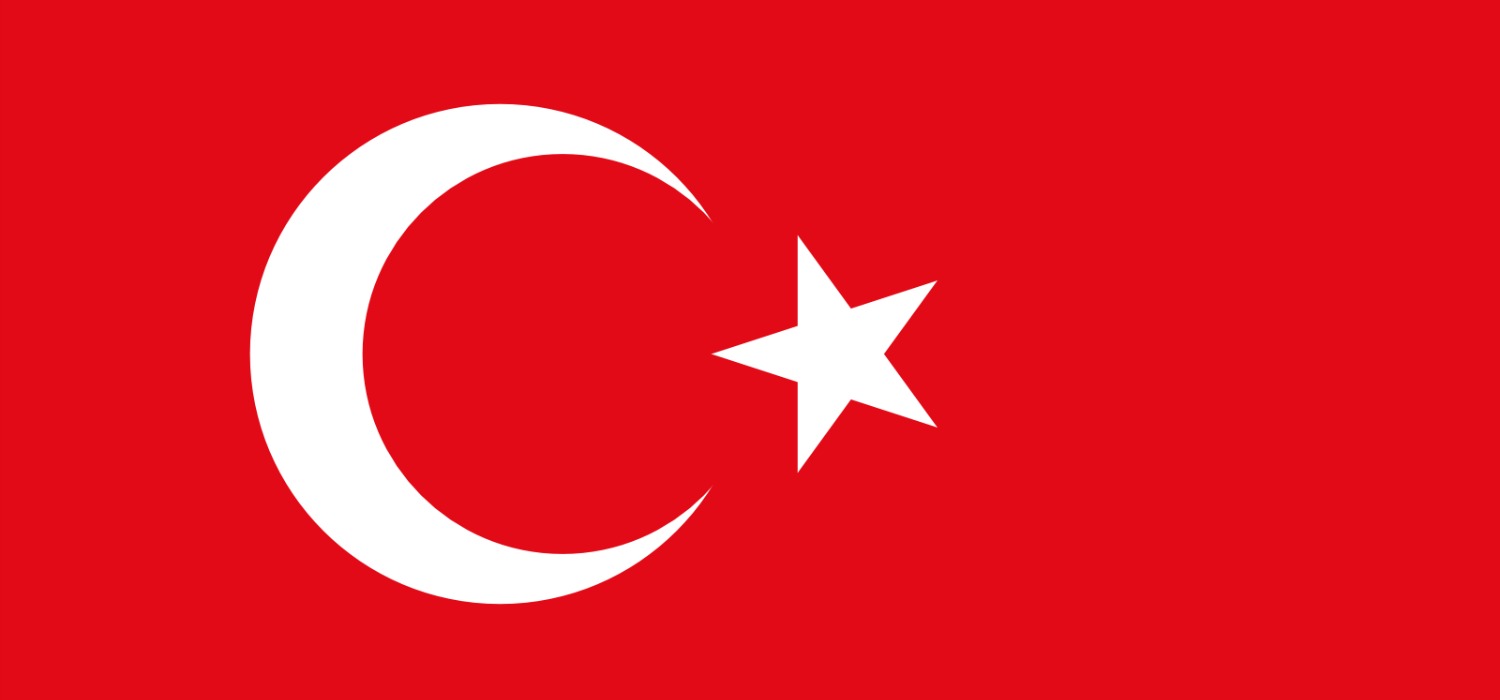Chairman of the Commission on Security and Cooperation in Europe, Hon. Alcee L. Hastings, presented an analysis of the parliamentary election in Turkey and what the results would mean for the future of U.S.-Turkey relations. The elections were deemed to be largely successful, and were decreed as free, fair, and transparent with an 80% voter turnout. This briefing also noted the difficulties of finding a balance between the Islamic and secular establishment and the rising tensions between Turkey and the Kurds in Northern Iraq.
Witnesses testifying at the briefing – including Soner Cagaptay, Director of the Turkish Research Council, Washington Institute; and Ilan Berman, Vice President for Policy of the American Foreign Policy Council – focused on Turkish domestic politics and Turkish electoral relations after the elections. An optimistic view of government stability in light of the election results was presented. The activities of the PKK inside Turkey was identified as one of the main factors in shaping the U.S.-Turkish relationship.





